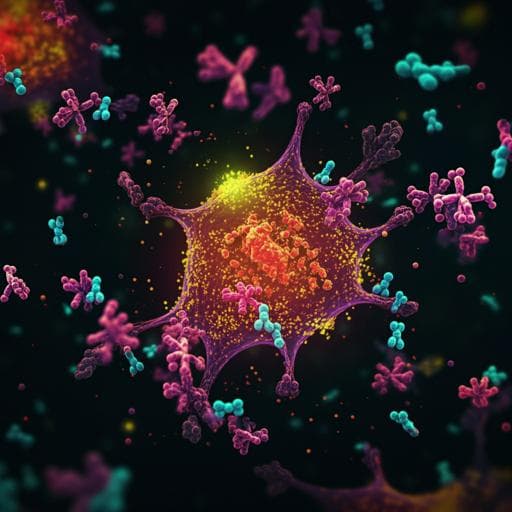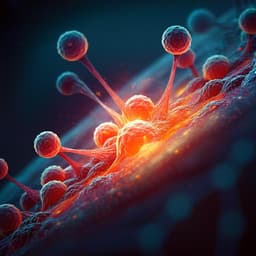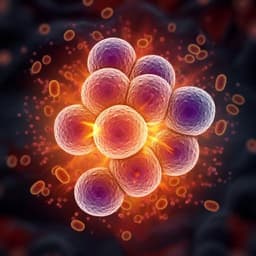
Medicine and Health
Neoadjuvant nivolumab or nivolumab plus LAG-3 inhibitor relatlimab in resectable esophageal/gastroesophageal junction cancer: a phase Ib trial and ctDNA analyses
R. J. Kelly, B. V. Landon, et al.
This phase Ib trial explores the safety and effectiveness of neoadjuvant nivolumab and nivolumab-relatlimab combined with chemoradiotherapy in patients with resectable stage II/III gastroesophageal cancer. Results indicate promising rates of pathological response and improved recurrence-free and overall survival, with greater responses linked to baseline PD-L1 and LAG-3 expression. Conducted by a collaborative team of experts, this study sheds light on immunotherapeutic strategies in cancer treatment.
Related Publications
Explore these studies to deepen your understanding of the subject.







